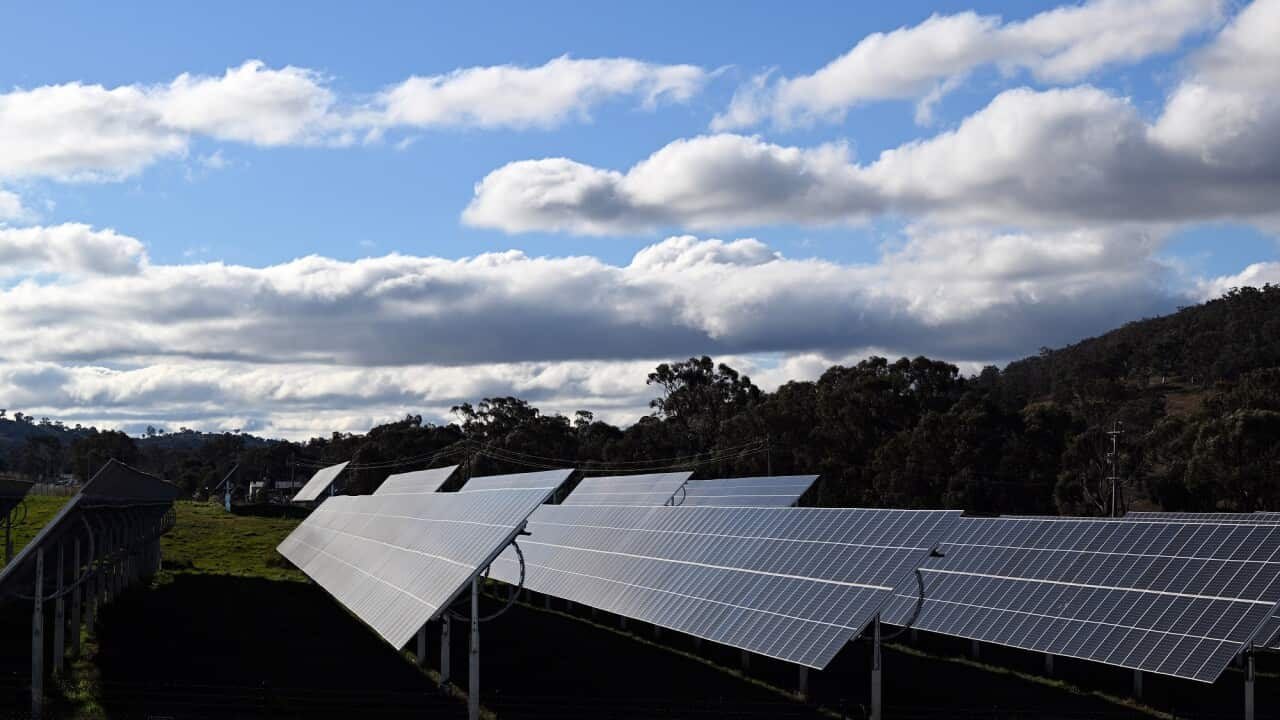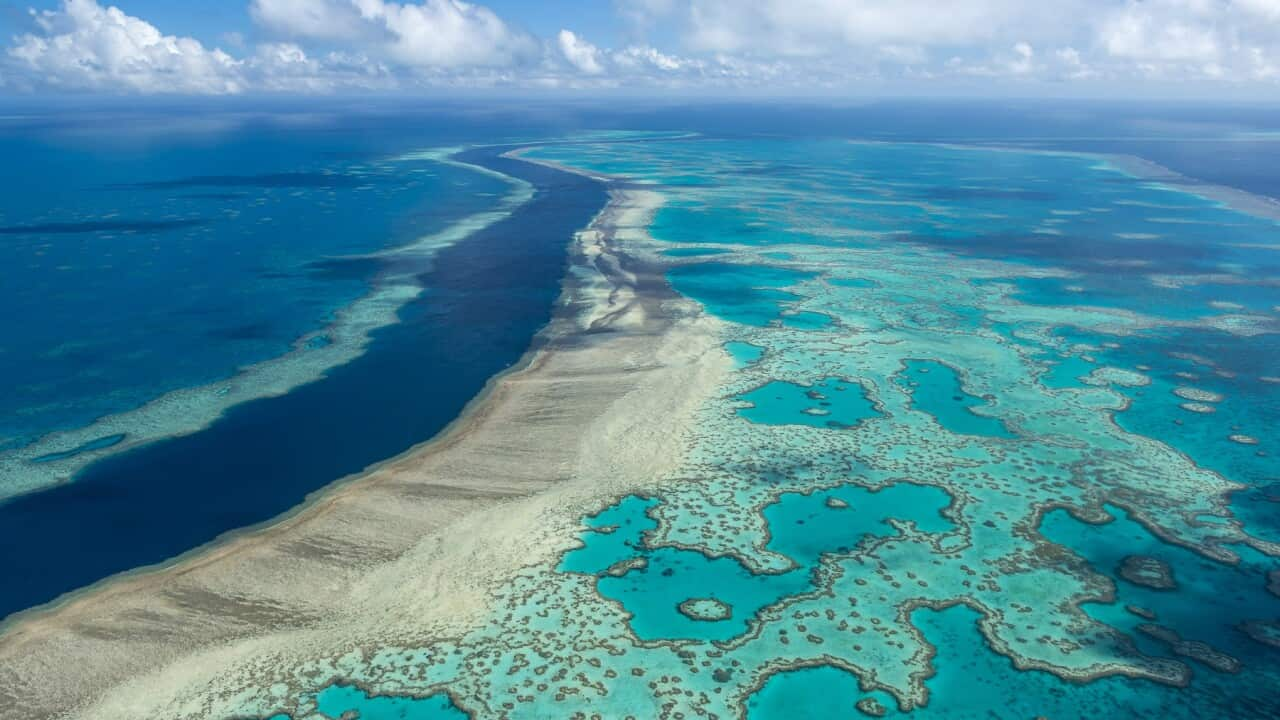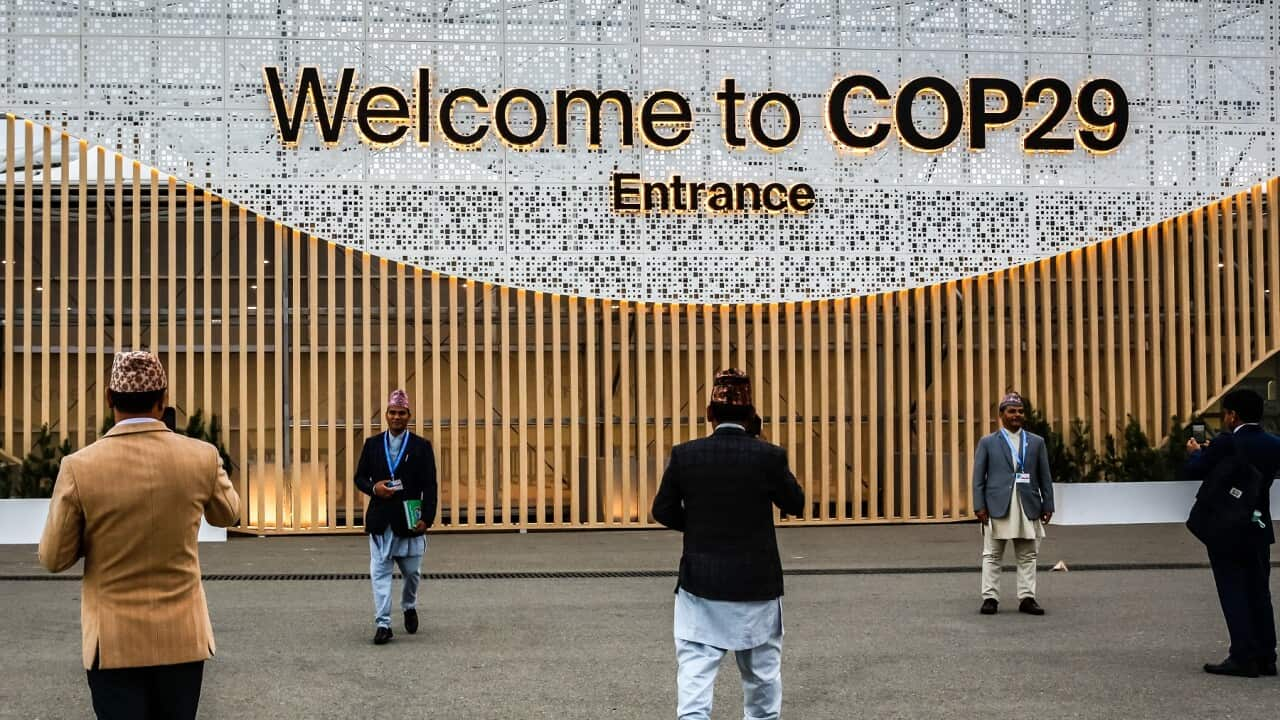The body says achieving net zero emissions by 2050 will require a drop in fossil fuel demand by a quarter by 2030.
Clean energy supply will also need to be expanded to avoid energy shortages and price jumps.
TRANSCRIPT
"When I compare where we were two years ago when we published the first net zero 2050 study and today, I am really more hopeful."
That's the Executive Director of the International Energy Agency, Fatih Birol, with good news for the climate.
Mr Birol has provided the organisations 'Net Zero Roadmap' update - which proposes scenarios to reach net zero emissions by 2050.
It was first issued in 2021, and two years later, the Agency's Executive Director suggests we're headed in the right direction.
"Because of the numbers. I can tell you that two, at least two major clean energy technologies are going very strong. One of them is solar energy. As I said recently, solar became the king of electricity markets. The old king, coal, is over and now solar is the new king. Not only for climate reasons, mainly because it is cheap. The cost is coming down."
The 1.5-degree Celsius target is a global climate target which was established in the Paris Agreement in 2015.
Dr Birol says it's still possible to reach that target - and that's due to the record growth in clean energy technology, including solar panels and electric vehicles.
Laura Cozzi is the lead author of the report.
"We are seeing tremendous growth in a few key clean energy technologies. But what matters the most is that the growth rate that we have been witnessing and we are witnessing as we speak now, on those two key clean energy technologies is exactly in line with what we were expecting and hoping to see two years ago when we did the milestones."
In Australia, research has shown more consumers are planning to ditch their petrol cars - with almost two in five vehicles purchased in the next 12 months expected to be low-emission cars.
But it's not necessarily going to be smooth sailing.
Dr Birol has warned geopolitical tensions are one of the biggest challenges to achieving progress - and he has called on governments to work together to address the climate crisis.
Dr Bill Hare is a climate scientist and world-leading climate policy expert.
He says Australia's climate policies need to be much stronger.
"Right now, Australia has invested very heavily in coal and gas diplomacy, particularly in East Asia, now in South Asia, pushing very hard coal and gas exports. And I think to change that, the government's going to have to think about a strategy that instead invest in placing those commodities out in favor of renewable based energy and, and metals. And that's something that the government could do, it could work with Korea could work with Japan, could even constructively work with China."
Prime Minister Anthony Albanese has suggested he will do more to accelerate the transition to low emissions, after the Indigenous Voice Referendum has concluded on October 14.
He told The Guardian, the right decisions are needed to ensure Australia emerges a winner in the global race to renewable energy.
Dr Simon Bradshaw is the director of research at the Climate Council of Australia.
He says there are a number of immediate steps Australia can take.
"One is to deal with the rising emissions from our transport sector by putting in effective fuel efficiency standards on new vehicles. We're one of the only developed countries that hasn't yet taken that step. Crucially, we need to stop adding to the problem by stopping with the reckless approval of new coal and gas projects.
"That means this crucial reform of our outdated National Environment law - that can be done as soon as possible. And generally, along with every country, we need to give it our all over the next years. We need to be getting Australia's emissions down by around 75 per cent by 2030. And reaching that zero by about 2035 is where to play our part."
The update suggests the world would need to invest over A$7 trillion per year in the transition to cleaner energy from the start of the next decade, up from a spending of A$2.8 trillion expected in 2023.
It also called for a 75 per cent cut in energy sector methane emissions by 2030, which would cost almost A$118 billion.
It suggests there's no room for new oil, gas and coal – with a projected cut in fossil fuel demand by more than 25 per cent by 2030 and 80 per cent in 2050.
UK Prime Minister Rishi Sunak has recently reaffirmed his commitment to net zero by 2050, but reversed and delayed some key policies which would help attain the goal.
"And when our share of global emissions is less than 1 per cent, how can it be right that British citizens are now being told to sacrifice even more than others? Because the risk here for those of us who care about reaching net zero as I do, is simple. If we continue down this path, we risk losing the consent of the British people. And the resulting backlash would not just be against specific policies but against the wider mission itself, meaning we might never achieve our goal."
The UN COP28 climate summit is due to held in Dubai this November and December.
It offers a key opportunity for countries to set out tougher emissions-cutting plans - which is something Dr Birol is holding out for.
Dr Hare says although it may be an intimidating target, it can be done.
"We can stop the warming inside a generation, right, we can really do it. And I know many people are really scared and frightened about the climate changes that they're seeing or that are coming in. I have many friends in rural Australia really fearing for what looks like a really horrible and dangerous side coming. But the positive side of this is that we've never had a better chance to solve the problem. Renewable energy is just so cheap. Now, and so fast rollout that we've got it all before us, we can do it."
And for more stories on the climate crisis you can now follow SBS Climate Calling in your podcast app.













